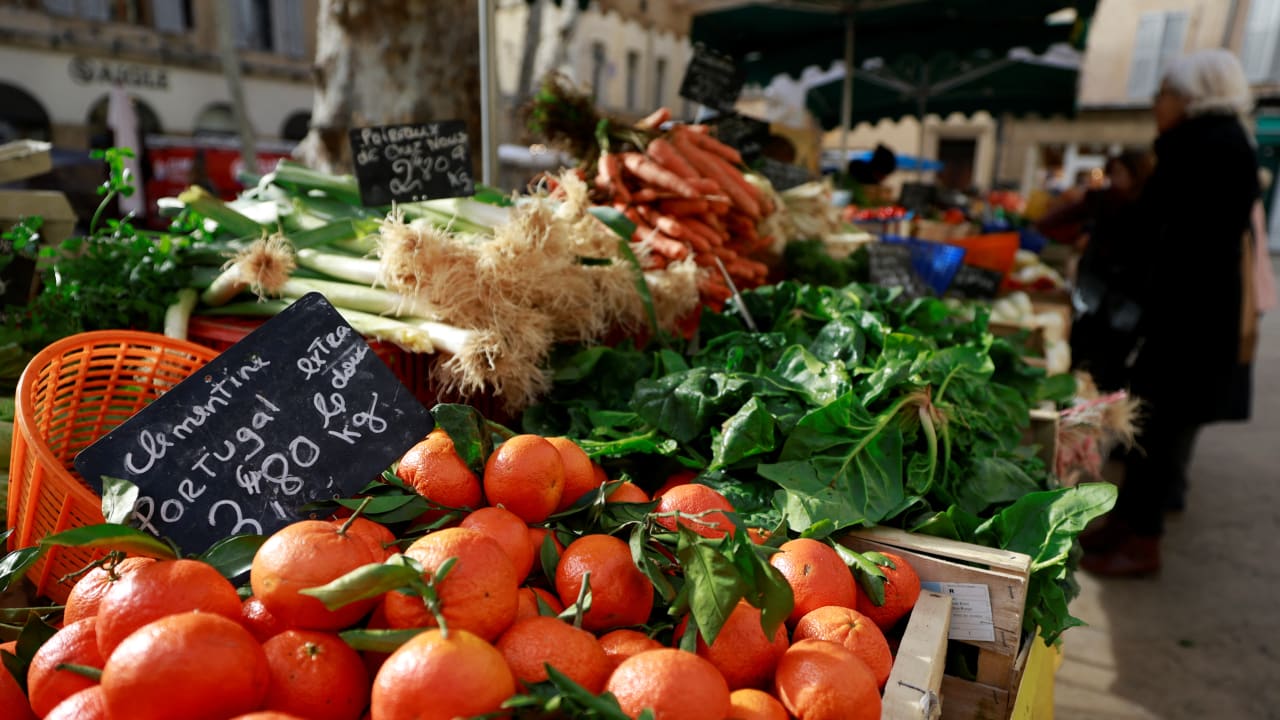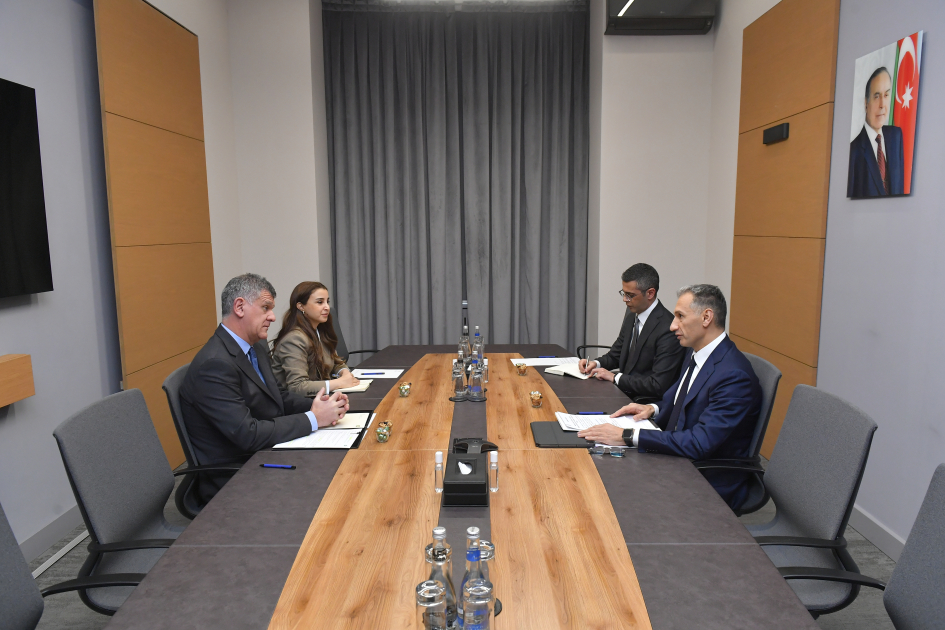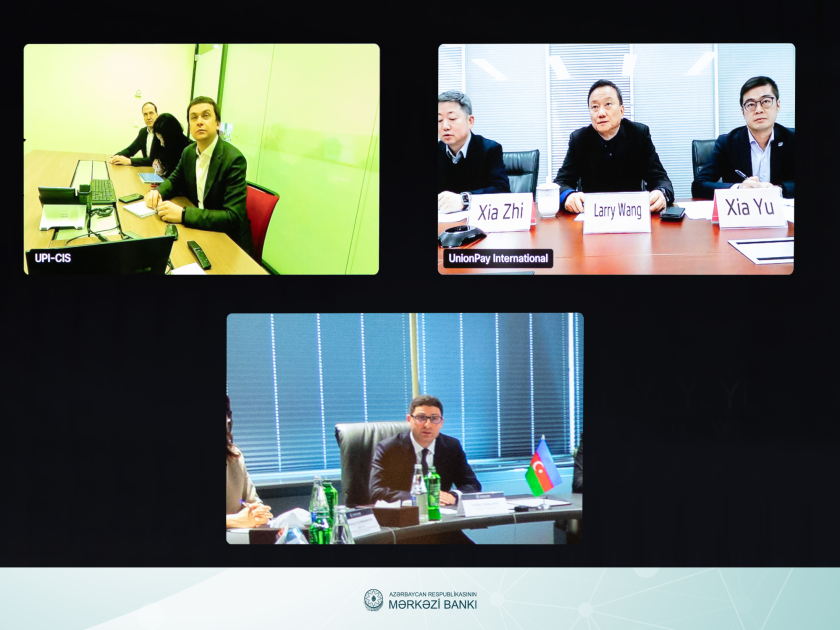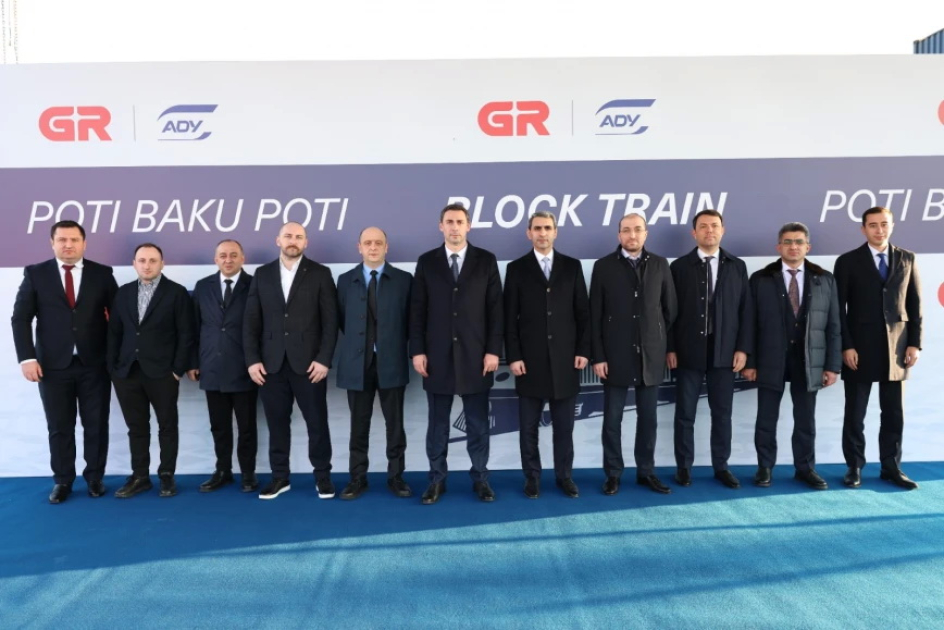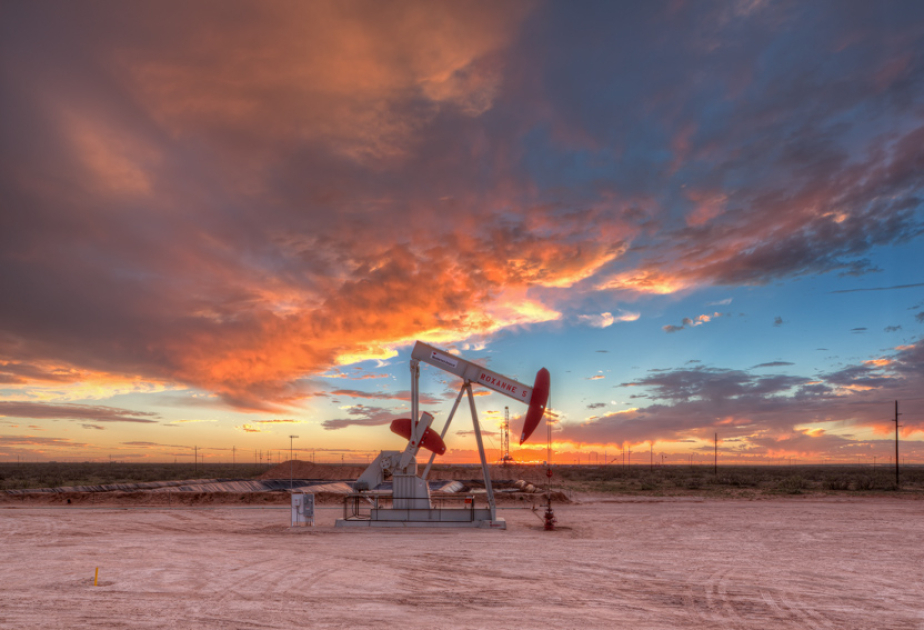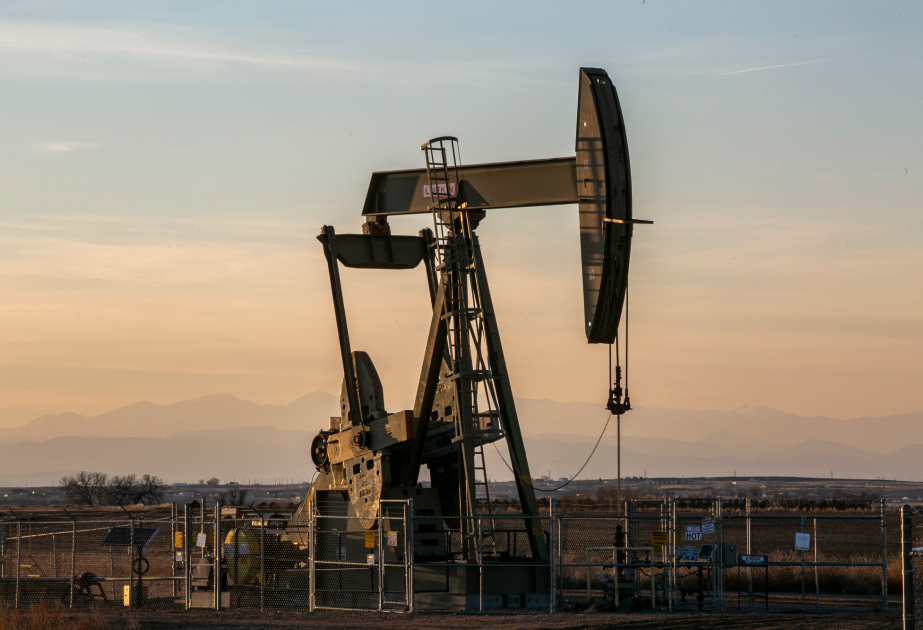Jerusalem Post
ByYAKY YANAY
By embracing cultivated food and advanced agricultural technologies, we can create a food system that is more resilient, more sustainable, and better equipped to feed the world.
Global food prices are climbing at an alarming rate, driven by a perfect storm of trade disputes, climate change, shrinking farmland, and volatile commodity markets. On the trade front, the United States recently imposed steep tariffs on imports from countries like Brazil, targeting staples such as coffee, cacao, and meat. Analysts estimate these measures could increase the average US household’s annual expenses by as much as $2,400, with fresh produce prices rising around 7% and coffee climbing even higher.
Climate change is adding another layer of pressure. Severe droughts, heat waves, and floods are disrupting harvests worldwide, reducing yields and pushing costs up. The shrinking availability of arable land is intensifying pressures on global food supplies: climate models suggest that by 2050, up to 90% of West Africa’s cacao-growing regions are expected to become unsuitable for cultivation, while coffee-growing areas are steadily disappearing.
These environmental shifts have already fueled dramatic price increases: US vegetable costs spiked as much as 80% during recent droughts, coffee prices climbed by more than 50% following severe weather in Brazil, and cacao costs have surged by around 300% due to extreme heat and drought in West Africa.
Governments are scrambling to ease the burden.
For instance, in early 2025, Japan released 210,000 tons of emergency rice reserves to temper price spikes ahead of a pivotal election. Similarly, India imposed export restrictions on non-basmati white rice in mid-2023 to stabilize domestic supply – though most of these restrictions were lifted by late 2024. While these measures can offer short-term relief, they do not address the structural vulnerabilities that make food prices so volatile in the first place.
Locally grown fruit and vegetables are displayed for sale at a market in Fort-de-France, on the French Caribbean island of Martinique, January 25, 2025. (credit: reuters/layli foroudi)
A long-term solution
To secure stable and affordable food supplies, we need solutions that are resilient to global shocks – and technology offers exactly that. One of the most promising innovations is cultivated food: producing meat, fish, dairy, coffee, and cacao in controlled environments without the need for vast farmland or ideal climate conditions. This approach makes it possible to build local, high-quality supply chains that operate year-round, independent of weather or geopolitical disruptions.
Beyond cultivated food, vertical farming and controlled-environment agriculture can provide steady harvests of fruits, vegetables, and herbs regardless of external conditions. Advances in artificial intelligence can optimize yields, monitor plant health in real time, and minimize waste. These technologies, working together, can turn food production into a predictable, scalable, and sustainable process.
The benefits of cultivated food go far beyond novelty. By enabling local production, it eliminates dependency on imports and shields consumers from price volatility driven by trade disputes or environmental crises. Stable, predictable production helps keep prices from spiking, even during global turmoil. Environmentally, cultivated food requires significantly less water, produces fewer greenhouse gas emissions, and avoids deforestation. Most importantly, it ensures consistent availability – 365 days a year – providing a reliable safety net for both communities and economies.
While economic policies and subsidies will always have a role in managing the cost of living, the real breakthrough will come from changing how we produce food at its core. By embracing cultivated food and advanced agricultural technologies, we can create a food system that is more resilient, more sustainable, and better equipped to feed the world – without letting global crises dictate what ends up on our plates.


